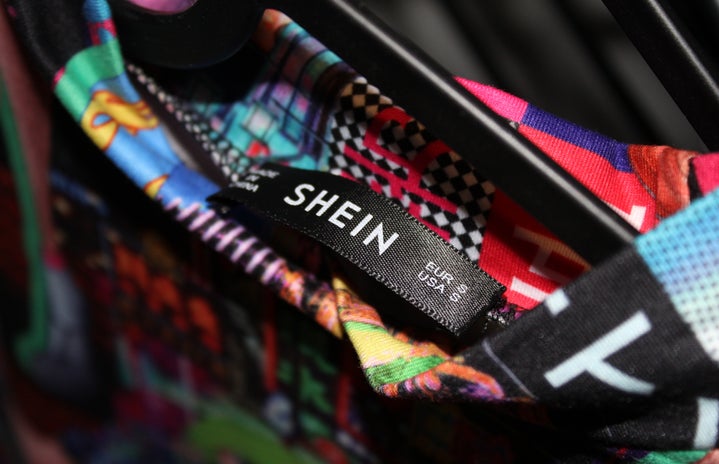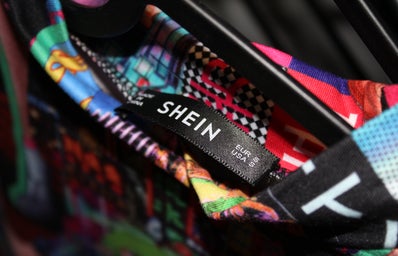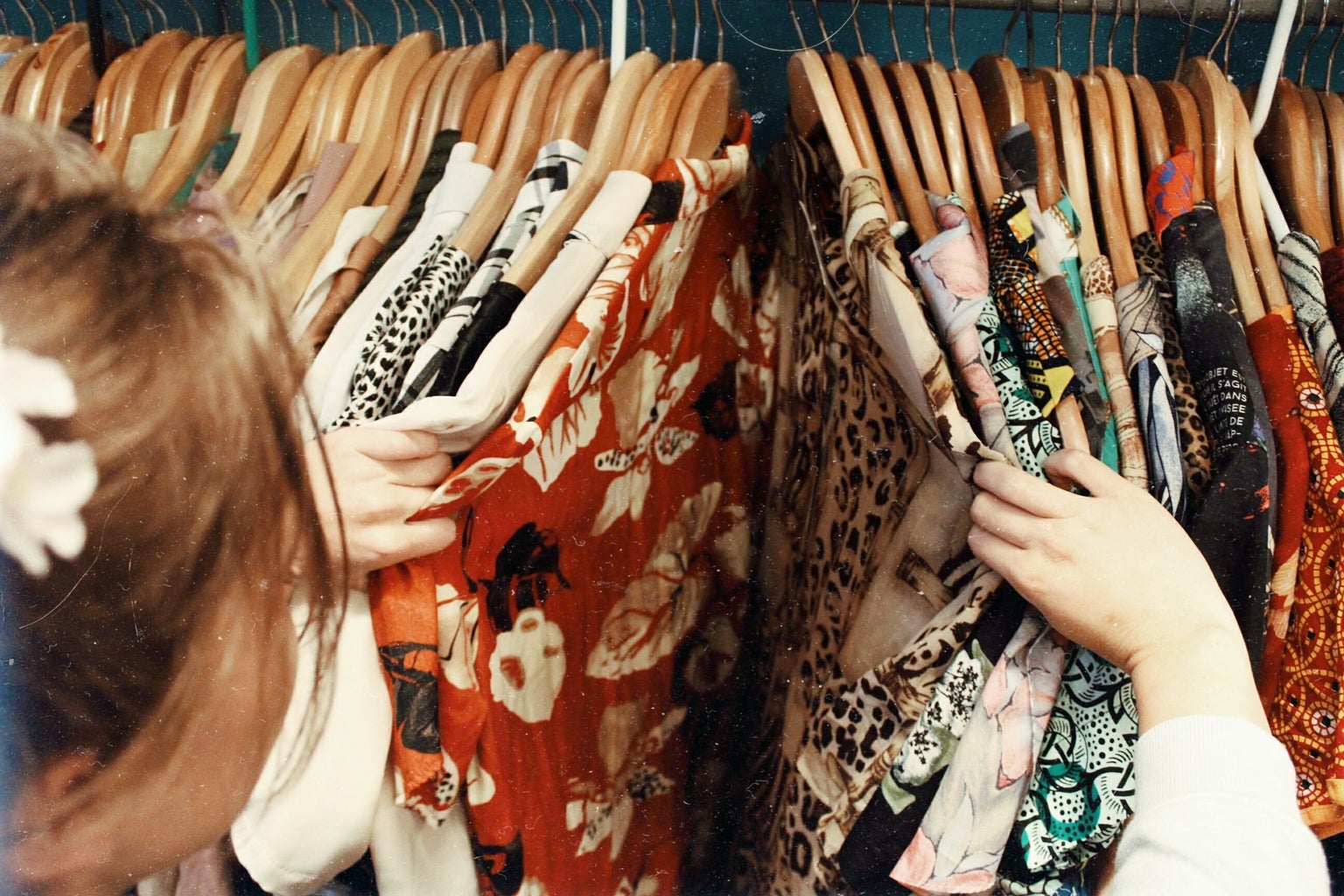Shein grabbed the attention of young adults across the globe with its trendy pieces at unbeatably low prices. Regretfully, no clothes are made that cheap without the exploitation of people, cultures and resources.
- Why so Quiet?
-
Have you noticed how little is known about how Shein makes its products? The retailer claims they are committed to prioritizing the planet, but how do we, the consumer, know for sure? There are no annual reports available to the public, automatically ruling out any possibility of a company sustainability report (I checked and there isn’t one). Major red flag! Transparency from companies is becoming of increasing importance to consumers. Customers want to know how their product is made and where it came from. They want all the information available to them, so they can decide for themselves if they want to continue shopping from that brand. Rule of thumb, when a business is secretive about its production process, expect the worst. The fact that it would require me days of uninterrupted research and a singular visit to the dark web to find anything about what goes on behind Shein’s closed doors is enough to keep me away.
- The Prayer Mats
-
In July 2020, the company was caught selling Muslim prayer mats on their site, but labeling them as “fringe trim carpets” or “Greek fret carpets.” Many of these mats displayed an image of the Kaaba—the most sacred site in Islam. Shein customers were purchasing these mats for regular use, such as placing them on their coffee tables or using them as rugs for their pets. The products were met with immediate backlash from the Muslim community. The company displayed zero respect for the religion by using a sacred piece of their faith to make a quick buck. They had no business selling these mats for profit. The carpets were removed from the site, but no public apology was made. Many people have forgotten the incident since, which is precisely what the company wanted. The corporation was able to walk away from the scandal relatively unscathed.
- The Swastika Necklace
-
Within that same month, Shein posted a necklace with a swastika pendant on their site for $2.50. Shoppers were horrified at the sight. The swastika is a sacred symbol in a few religions including Buddhism and Hinduism. For instance, in Buddhism, it symbolizes prosperity, good fortune, universal harmony and eternity. Unfortunately, the symbol is largely associated with the Nazi regime who adopted the icon as they rose to power. The company was met with claims of promoting anti-Semitism. The brand released a public apology on Instagram writing how they did not consider the symbol’s hurtful connotations and will be more mindful in the future. In this statement, the company also stated the pendant was meant to be the Buddhist symbol. If this was the site’s true intention, it’s still a dishonorable cause. Once again, the retailer is using others’ religion for their own personal gain—this time admitting it to its millions of Instagram followers and the world.
- Copy and Paste
-
The fast-fashion retailer is no stranger to plagiarism. Designer Mariama Diallo, the creator of Sincerely Ria, noticed Shein released dresses identical to hers. Heartbroken, she took the issue to social media resulting in a viral TikTok comparing the two designs side by side. Another designer known by the name Elexiay accused Shein of stealing their Amelia sweater design. The Instagram post places the two products next to each other and the resemblance is indisputable. These are just two cases that made it to the public eye. There are currently other existing allegations made against the brand from other small artists including Sugar & Sloth Co., Elora Pautrat and more.
I am aware this retailer is loved by many of you, but I cannot ignore these terrible offenses. Shopping from Shein is a disservice to the communities and small creators the company has harmed in the past (and continues to harm). Shein will continue to steal from small businesses as long as the company remains unchecked. Purchasing from them only encourages this sort of behavior to persist. If the site’s loyal customers decide to take a stance against them, the brand will start to pay attention and meet our demands. It is obvious Shein has no intention of inciting change within itself. Thus, it is up to us! In the meantime, seek out other clothing sites that actively work towards creating more sustainable fashion. You never know, you may just find your new favorite store!
Want to see more HCFSU? Be sure to like us on Facebook and follow us on Instagram, Twitter, TikTok, YouTube and Pinterest!



